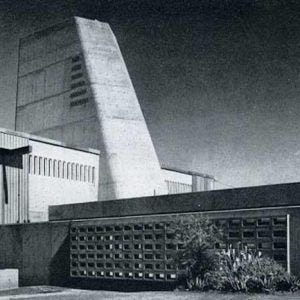An international tribunal in The Hague, Netherlands, set up under the United Nations Convention on the Law of the Sea (UNCLOS) has suspended a case brought by the Irish government claiming that operation of BNFL’s Sellafield MOX plant (SMP) would lead to pollution of the Irish Sea. The tribunal was concerned whether it had the jurisdiction to hear the case. The judges said they needed a clearer understanding of states’ rights within the European Union in relation to international law.
The European Commission is now considering proceedings against Ireland for taking the case to the UN instead of the European Union.
After suspending the case until December 2003, the tribunal did, however, agree to hear Ireland’s request for provisional measures. These included the supply of updated information from the UK authorities on the terrorist threat posed to Sellafield; cessation of discharges from SMP into the Irish Sea; full details of any accidents or incidents at SMP or associated facilities; and early notification of nuclear shipments in the Irish Sea. All the requests were rejected. The tribunal said that Ireland failed to establish that “urgent and serious risk of irreparable harm” would be caused to the marine environment by operation of SMP. The court also noted that the attorney general for Ireland had accepted that the level of discharges from SMP “is not of a significant magnitude.” Meanwhile, the Ospar (Oslo-Paris) tribunal rejected the claims by the government of Ireland that the UK breached Ospar conventions by declining to provide commercially confidential details regarding BNFL’s MOX fuel supply business.
In dismissing Ireland’s claims, the tribunal confirmed that the information Ireland sought is not information on the state of the maritime area, or on activities affecting or likely to affect the maritime area. Accordingly, it is not information of the sort that parties are required to make available under the Ospar convention. Ireland’s claim that the UK breached its obligations under the convention by refusing to provide the requested information does not, therefore, arise.
UK minister responsible for energy Stephen Timms said: “We are pleased the tribunal has rejected Ireland’s claims and dismissed this case. The ruling supports the UK position that commercially confidential information need not be disclosed where this would cause unacceptable harm to the commercial interests of a business. All information concerning the environmental impact of SMP has been published.”






